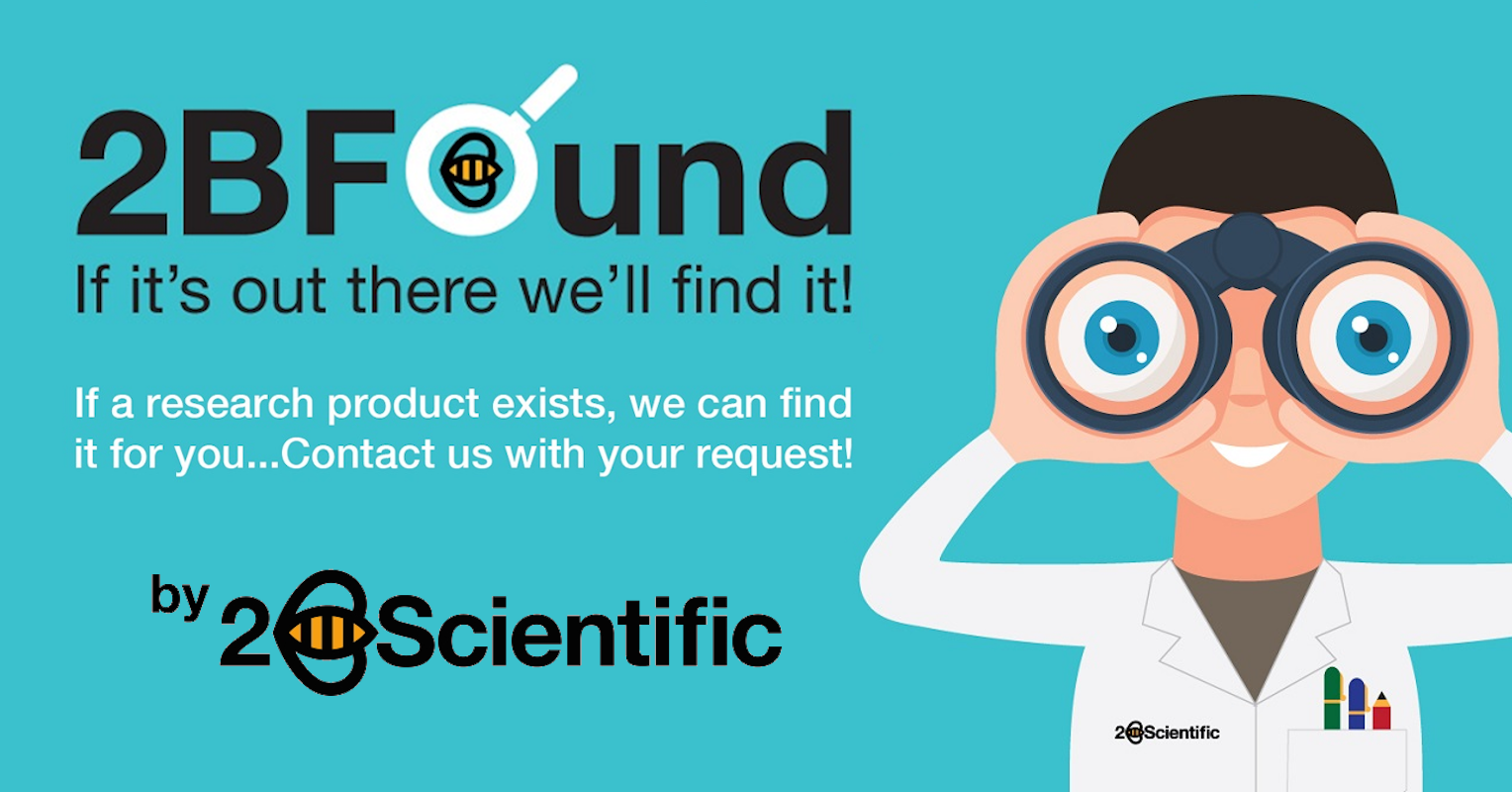Cell and Gene Therapy
Cell and Gene Therapy (CGT) and its applications.

Cell and gene therapies represent a range of medical advances that aim to repair, replace, or enhance the function of diseased or dysfunctional cells and genes. 2BScientific Limited understands that these powerful treatments hold enormous potential for addressing genetic disorders, cancers, and degenerative diseases, offering the prospect of cures or long-term remissions where traditional therapies may not suit a patient. We ensure a plethora of reagents are available from a range of highly respected suppliers to empower researchers in a range of workflows.
Cell Therapy
Cell therapy involves introducing healthy cells into a patient to replace or repair damaged tissues. These cells can be autologous (from the patient) or allogeneic (from a donor) and often involve a type of stem cell, which have the capacity to regenerate damaged tissues or develop into various cell types, in addition to offering regenerative solutions for tissues or organs damaged by degenerative diseases, such as heart disease or Parkinson’s.
One of the most notable applications is CAR-T cell therapy, where a patient’s T cells are modified to target and kill cancer cells. After being engineered, these T cells are reintroduced into the body to specifically attack tumours, showing great potential in treating certain types of cancer.

At 2BScientific Ltd, we collaborate closely with trusted global suppliers to bring you one of the most comprehensive portfolios of animal-derived cells, tailored to meet your in vitro research needs.
Check out our Animal Cell Flyer for more details
Gene Therapy
Gene therapy focuses on addressing the genetic source of diseases by adding, removing, or modifying DNA in the patient’s cells. This can be done either in vivo, by administering therapeutic genes directly into the body, or ex vivo, by modifying cells outside the body and then reinserting them.
The CRISPR-Cas9 gene-editing technology is a groundbreaking tool in this field, enabling precise alterations to DNA. It has the potential to correct mutations responsible for conditions such as sickle cell anaemia, muscular dystrophy, and other genetic diseases.
For gene delivery, a range of vectors can be used, notably is adeno-associated virus (AAV) and lentiviral vectors which are used to introduce genetic material into cells. AAV has been crucial for gene therapies aimed at treating conditions like spinal muscular atrophy and certain types of blindness.

The CRISPR-Cas9 gene-editing technology is a ground-breaking tool in this field, enabling precise alterations to DNA. It has the potential to correct mutations responsible for conditions such as sickle cell anaemia, muscular dystrophy, and other genetic diseases.
For gene delivery, a range of vectors can be used, notably is adeno-associated virus (AAV) and lentiviral vectors which are used to introduce genetic material into cells. AAV has been crucial for gene therapies aimed at treating conditions like spinal muscular atrophy and certain types of blindness.
Applications and Future Potential
Cell and gene therapies are being researched for various conditions, including:
Genetic disorders: Diseases like cystic fibrosis and haemophilia may be treatable by correcting faulty genes.
Cancer treatments: In addition to CAR-T therapy, gene therapies are being explored to boost immune responses against tumours.
Neurological diseases: Regenerative cell therapies or gene editing could help restore lost functions in diseases like Parkinson's or Alzheimer’s.
At 2BScientific, we recognise the incredible dedication and hard work of scientists in researching and addressing life-changing diseases and disorders. That's why we're committed to supporting you throughout your workflow, whether it's long or short, by offering the most reliable reagents, competitive prices, and a variety of guarantees.
2BScientific Limited not only prides itself on its services, but in doing so we ensure that our suppliers are something to be proud of also! That’s why we have partnered with ACRO Biosystems, Arigo Bio, Cellecta, Cell Biolabs, and Progen to ensure we can provide only the most cutting edge, reliable and accurate reagents. These suppliers provide a range of cell and gene therapy reagents such as vectors, media, recombinant options, high quality AAV reagents and CRISPR libraries.
To get a quote for the products or to place an order, please email Sales@2BScientific.com.





